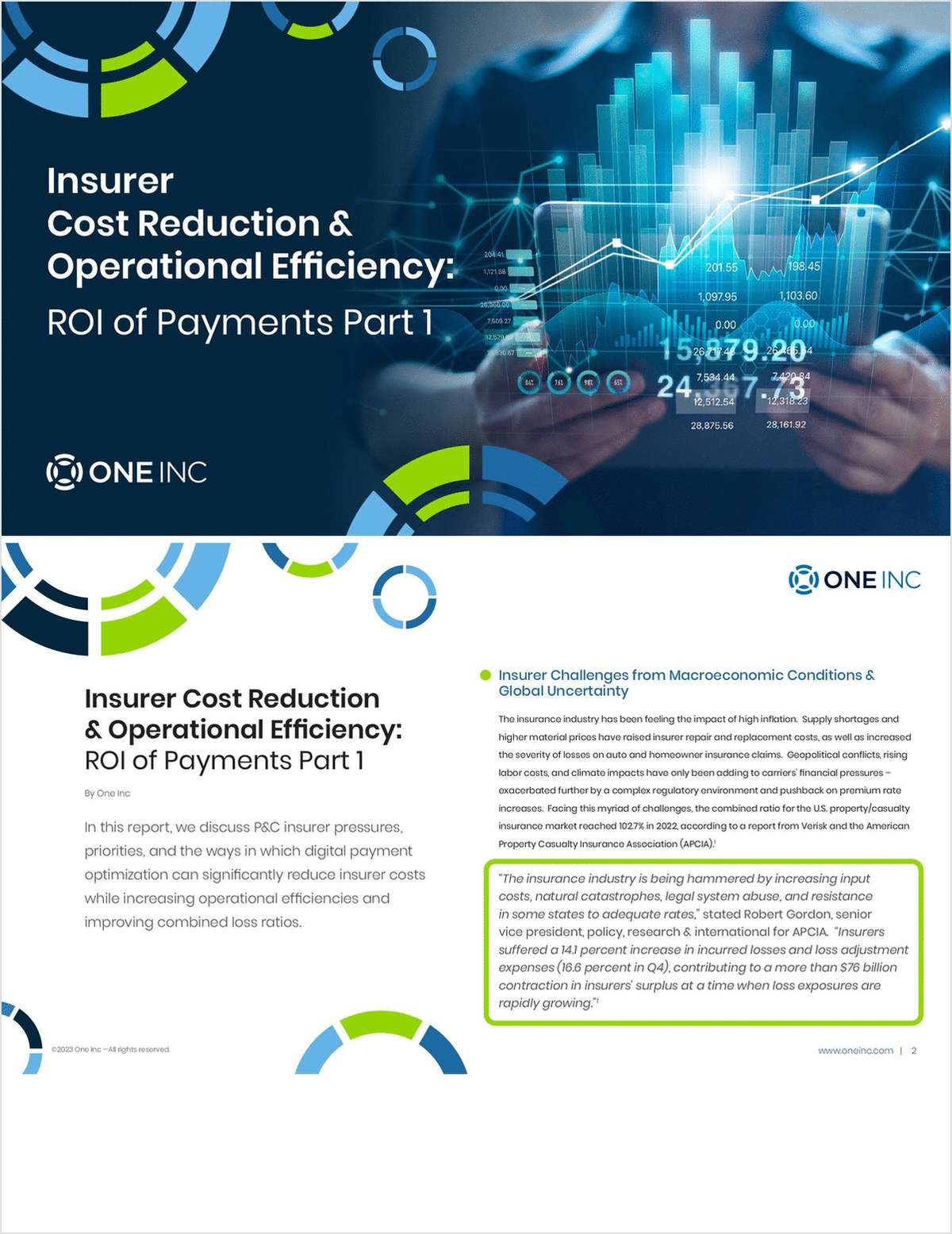 The law, which Gov. Ron DeSantis quickly signed, made a series of changes to try to reduce litigation costs. Those changes included eliminating what are known as "one-way attorney fees." (Credit: Terry Kelly/Shutterstock.com)
The law, which Gov. Ron DeSantis quickly signed, made a series of changes to try to reduce litigation costs. Those changes included eliminating what are known as "one-way attorney fees." (Credit: Terry Kelly/Shutterstock.com)
Florida lawmakers last week made changes that will provide "much needed relief" in the troubled property-insurance system, but effects of the legislation won't be immediate, the AM Best financial-rating agency said in a new report.
The report pointed to parts of the new law designed to curb litigation, which insurers have long blamed for driving up costs. But it also cited underlying issues in the system, such as national insurance companies being leery of doing business in the state and Florida carriers being heavily dependent on reinsurance.
Reinsurance, which is critical backup coverage, has become more expensive and difficult for Florida insurers to buy — with costs passed along to homeowners. The law approved during a special session last week included steps such as providing $1 billion for a temporary program to help insurers get reinsurance coverage.
"The five largest national homeowners insurers account for over 50% of the U.S. market outside of Florida, but just 15% of the market in Florida, demonstrating just how dire the situation is," Sridhar Manyem, senior director, industry research and analytics for AM Best, said Tuesday in a prepared statement accompanying the report. "The legal environment and reinsurance market are two significant issues addressed by the special session that may ultimately make the market more attractive, but the effectiveness of reform will require time."
The law, which Gov. Ron DeSantis quickly signed, made a series of changes to try to reduce litigation costs. Those changes included eliminating what are known as "one-way attorney fees," which have required insurers to pay the attorney fees of policyholders who successfully file lawsuits.
Also, the law eliminated the long-controversial practice of assignment of benefits for property-insurance claims. Assignment of benefits involves policyholders signing over claims to contractors, who then pursue payment from insurers. Insurers contend the practice has led to increased lawsuits.
The AM Best report said that if "these measures prove effective, they could significantly lower insurers' defense and cost containment expenses." It also said the changes "will bring about much needed relief, but such relief is unlikely to be immediate."
Among other things, the report said the law is likely to draw court challenges.
Want to continue reading?
Become a Free PropertyCasualty360 Digital Reader
Your access to unlimited PropertyCasualty360 content isn’t changing.
Once you are an ALM digital member, you’ll receive:
- Breaking insurance news and analysis, on-site and via our newsletters and custom alerts
- Weekly Insurance Speak podcast featuring exclusive interviews with industry leaders
- Educational webcasts, white papers, and ebooks from industry thought leaders
- Critical converage of the employee benefits and financial advisory markets on our other ALM sites, BenefitsPRO and ThinkAdvisor
Already have an account? Sign In Now
© 2024 ALM Global, LLC, All Rights Reserved. Request academic re-use from www.copyright.com. All other uses, submit a request to [email protected]. For more information visit Asset & Logo Licensing.








